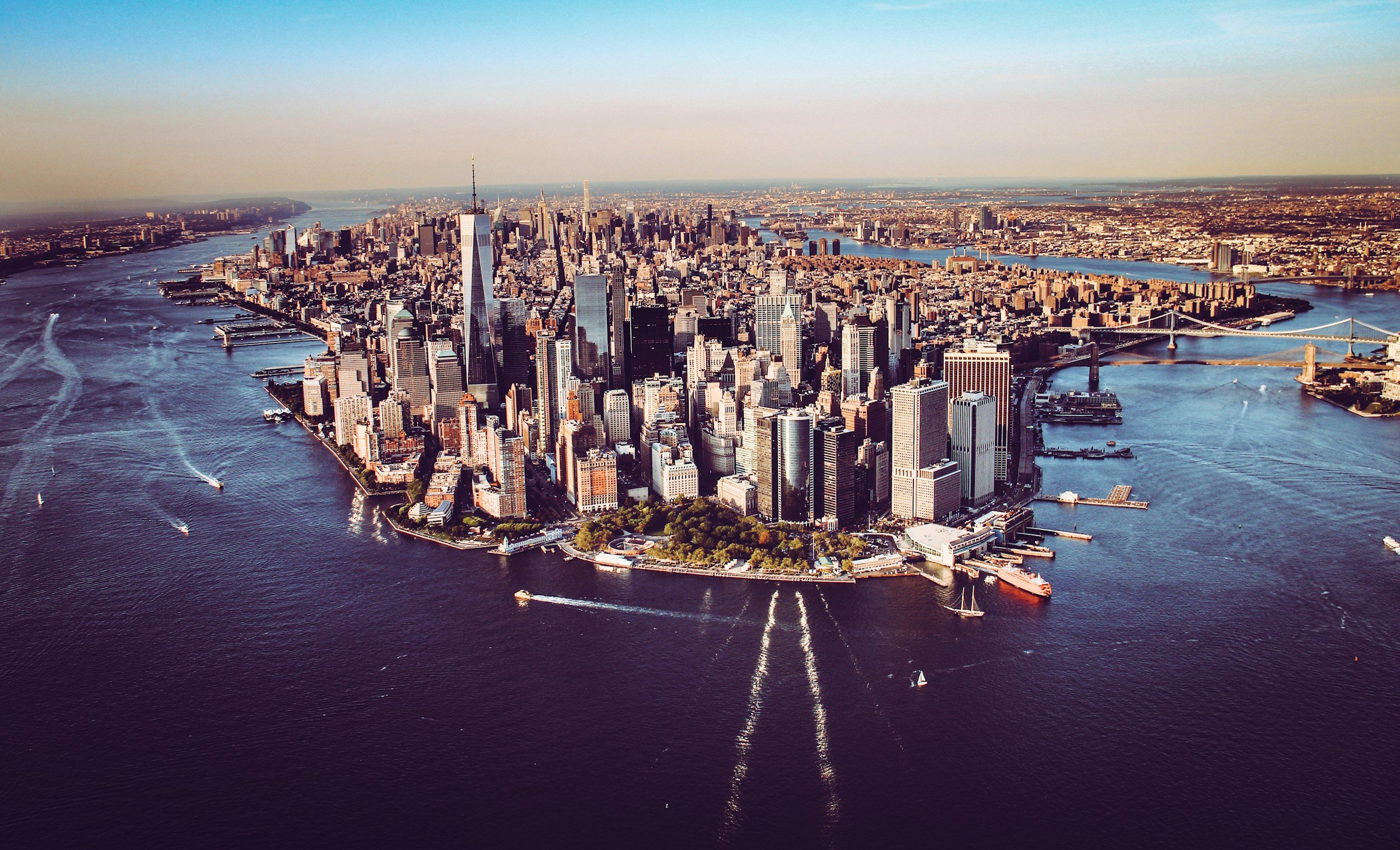Urgent Call for Coastal Cities to Strengthen Climate Change Adaptation

According to a new study conducted by an international team led by Professor Matthias Garschagen, a geographer at Ludwig-Maximilians-Universität München (LMU), coastal cities, already vulnerable to the impacts of climate change, must take greater strides to adapt to our new reality. In fact, the current state of adaptation is largely inadequate.
The research team studied 99 cities across 54 countries to determine whether and how cities take into account risk factors on their climate change adaptation strategies. Their analysis looked at some key perameters including rising sea levels, storms, flooding and heat. The exposure and vulnerability of the population, the infrastructure and the ecosystems in the respective region were also considered.
Climate change adaptation in coastal cities, the researchers noted, largely focuses on addressing sea level rise and flooding, with less attention paid to the impacts of storm surges, cyclones and erosion.
In affluent areas like North America and Europe, advanced solutions like extensive levees or innovative urban planning are more prevalent. In contrast, in less affluent regions, particularly across much of Africa and Asia, behavior-based strategies are more common, with households and businesses often having to fend for themselves.
The team :established that the adaptation measures in the majority of the cities investigated across all income groups and regions are insufficient in depth, extent, and speed,” per an LMU release. Moreover, they found scant indications for the sustainable reduction of risks through adaptation.
"Our findings reveal that there is plenty of work still to be done on all levels," said Garschagen, who is also is a Honorary Professor at RMIT University, Melbourne, in the School of Global, Urban and Social Studies and whose research centers on risk, vulnerability, adaptation, and transformation related to environmental hazards and climate change, with a special emphasis on urban areas.
He added:
"There has been little truly far-reaching change involving a fundamental rethink of risk management. Cities often attempt to optimize their disaster management on the basis of past experience without fundamentally questioning whether these approaches are still going to be viable in the future.”
The study results also showed that quantifiable factors are rarely considered in urban adaptation planning. Future natural risks like flooding and heat waves are regularly taken into account but societal vulnerability or spatial growth and exposure, also affected by future trends, also get the short end of the stick.
“The Lagos or Jakarta of today is not the same as it's going to be in 20 years' time,” said Garschagen, stressing the importance of the team’s findings. He emphasized the need for “better” scenarios and modeling methods. Additionally, he weighed the value of managed retreat—the process of moving people, businesses, and infrastructure from areas vulnerable to environmental threats—over efforts to protect coastlines.
Because the Global South faces the brunt of climate change’s impacts despite producing a mere fraction of planetary carbon emissions compared to more developed nations, Garschagen is advocating for greater research efforts that place less priority on the Global North and consider all world regions for nations to better understand and address climate change’s impacts.
Alan Herrera is the Editorial Supervisor for the Association of Foreign Press Correspondents (AFPC-USA), where he oversees the organization’s media platform, foreignpress.org. He previously served as AFPC-USA’s General Secretary from 2019 to 2021 and as its Treasurer until early 2022.
Alan is an editor and reporter who has worked on interviews with such individuals as former White House Communications Director Anthony Scaramucci; Maria Fernanda Espinosa, the former President of the United Nations General Assembly; and Mariangela Zappia, the former Permanent Representative to Italy for the U.N. and current Italian Ambassador to the United States.
Alan has spent his career managing teams as well as commissioning, writing, and editing pieces on subjects like sustainable trade, financial markets, climate change, artificial intelligence, threats to the global information environment, and domestic and international politics. Alan began his career writing film criticism for fun and later worked as the Editor on the content team for Star Trek actor and activist George Takei, where he oversaw the writing team and championed progressive policy initatives, with a particular focus on LGBTQ+ rights advocacy.
